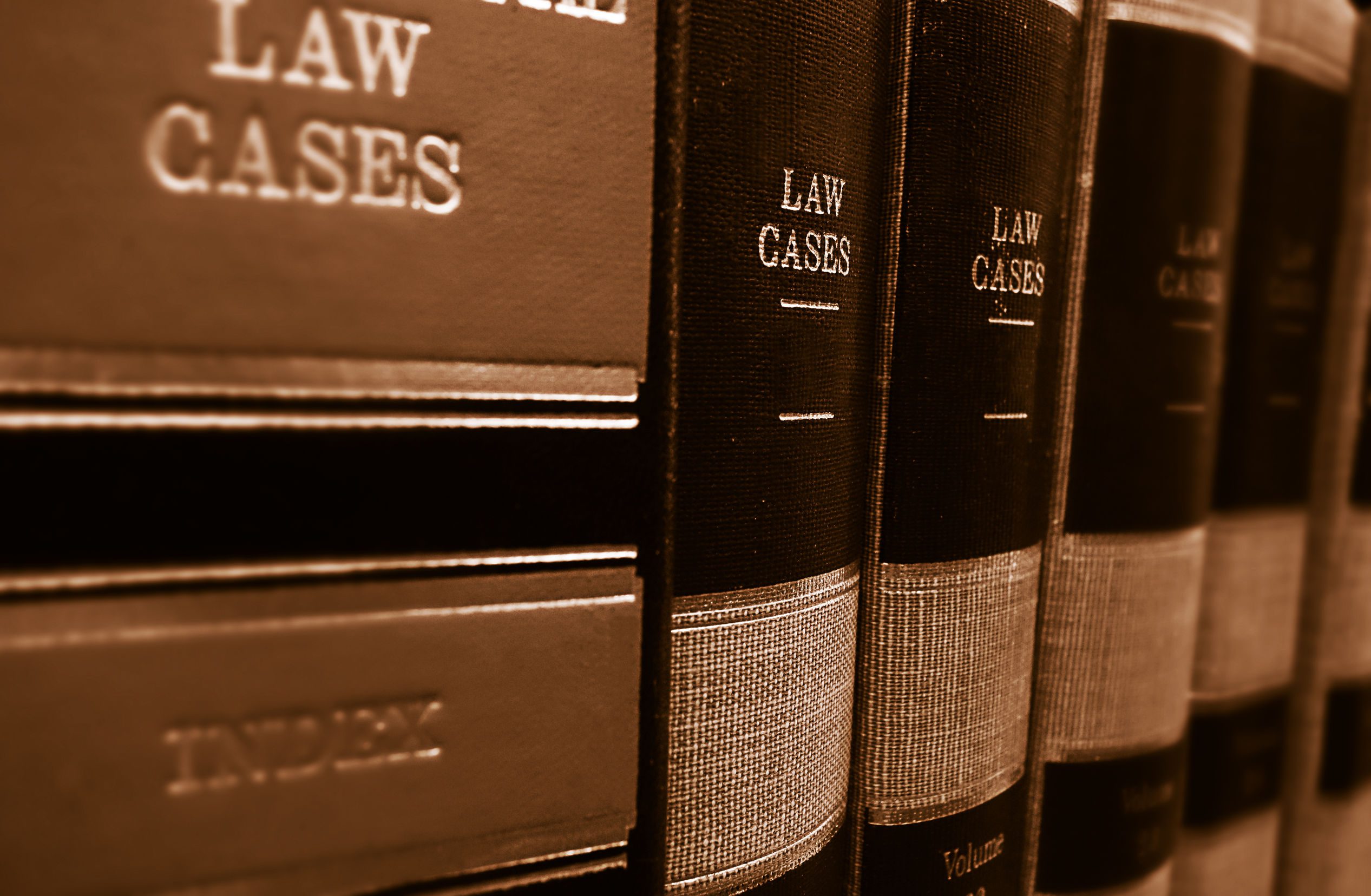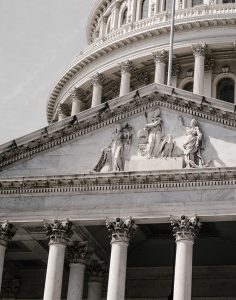The legal system is a taxing field, rife with controversy and difficult decisions. Since 2001, the nation has witnessed a great number of cases reflecting the priorities and cultural shifts of our society. Whether you agree with the results or not, no one can deny the massive impact of the following three cases in the lives of the American people.
Our nation’s positions on race, sexual orientation, the proper or improper actions of police officers, and gun rights have been written into the law books. History is always being made. This list is just a few examples of some of the bigger chapters of American history we have recently been able to witness.
District of Columbia v. Heller, 2008
The debate surrounding the Second Amendment has been divisive as it has been constant. As a founding principle of our nation according to the Constitution’s Bill of Rights, American citizens are guaranteed the right to bear arms. The Supreme Court upheld this Amendment in a 5-4 decision, stating that it applies in federal enclaves and protects one’s right to possess a firearm for traditionally lawful purposes, including self-defense in the home. This case struck down portions of the Firearms Control Regulations Act of 1975 deemed unconstitutional, namely, those that require all firearms be “unloaded and disassembled or bound by a trigger lock,†and restrictions against owning handguns.
The debate on firearms continues today, with many cases being brought to lower courts. While this case presents a very originalist view of the Constitution and the interpretation thereof, most recognize that some level of regulation is necessary. The debate seems to never stop going back and forth on just how much regulation is enough, and how much infringes on a fundamental American right.
Obergefell v Hodges, 2015
In this landmark case, a 5–4 decision by the United States Supreme Court guaranteed same-sex couples the right to marry. After years of legal battles at the state and federal levels, the right to marry was finally accepted as a fundamental right for all American citizens, regardless of gender identity or attraction. Prior to this decision, 36 of the 50 states, Washington D.C., and Guam had already issued same-sex marriage licenses. The court decision stated that state laws prohibiting same-sex marriage were a violation of the Fourteenth Amendment, which addresses citizenship rights and equal protection of the laws.
Explaining their decision, the court declared, “The Constitution promises liberty to all within its reach, a liberty that includes certain specific rights that allow persons, within a lawful realm, to define and express their identity.” The Court also made sure to explicitly protect the First Amendment right to disagree with same-sex marriage.
Multiple points have been raised in opposition to this decision by judges and citizens. Prioritization for the preservation of the traditional institution of marriage between a man and a woman, and possible infringement upon religious liberties, were among the top reasons cited for dissention. Another reason that this case troubled many was that they felt this decision interfered with the democratic process, and allowed the Court too much power, taking power away from the state, and not allowing the people to govern themselves with regard to the debate on same-sex marriage.
Justice Kennedy wrote in closing:
“No union is more profound than marriage, for it embodies the highest ideals of love, fidelity, devotion, sacrifice, and family. In forming a marital union, two people become something greater than once they were. As some of the petitioners in these cases demonstrate, marriage embodies a love that may endure even past death. It would misunderstand these men and women to say they disrespect the idea of marriage. Their plea is that they do respect it, respect it so deeply that they seek to find its fulfillment for themselves. Their hope is not to be condemned to live in loneliness, excluded from one of civilization’s oldest institutions. They ask for equal dignity in the eyes of the law. The Constitution grants them that right.â€
Trayvon Martin, 2013
On February 26, 2012, George Zimmerman and Trayvon Martin engaged in a conflict that would divide a nation, and take the latter man’s life. This tragedy, and the case that ensued has forced many to consider how we feel about law, order, and race.
On his way from a 7-11, with a bag of Skittles and a can of watermelon flavored Arizona juice drink, Trayvon Martin caught the attention of George Zimmerman. Zimmerman was a local Neighborhood Watch coordinator, operating under the local police department. After Zimmerman called the police to report Martin looking suspicious, an altercation occurred resulting in Martin being lethally shot in the chest. Zimmerman was taken into custody and released after questioning, because officials had no evidence against his claim of self defense.
News of the incident spread, raising public interest around the incident. Zimmerman was tried of second-degree murder on Jun 10, 2013, and acquitted on July 13. Zimmerman spent the next three years being investigated on civil rights charges. Eventually, it was concluded that there was insufficient evidence to make this a civil rights case.
Trayvon Martin’s death became a spark to the flame of the Black Lives Matter movement. This movement campaigns against perceived systemic racism and violence against black people. Demonstrations, protests, and marches have occurred across the United States and the world, bringing the debate of racism, systematic and interpersonal, to the forefront of political and societal discussions. In this way, Martin’s death triggered a reevaluation of society, and is trying to revolutionize the justice system and our culture as a whole.
These cases have forced us to consider what it means to be American, how we get along with each other, and what the government is supposed to do for the people. Every case solved dealt with one problem, while simultaneously making one or more different problems apparent. Our society is constantly growing, transforming, and changing over time. We push forward, hoping that all parties, including the judicial branch, will make decisions that are best for our society as a whole.






